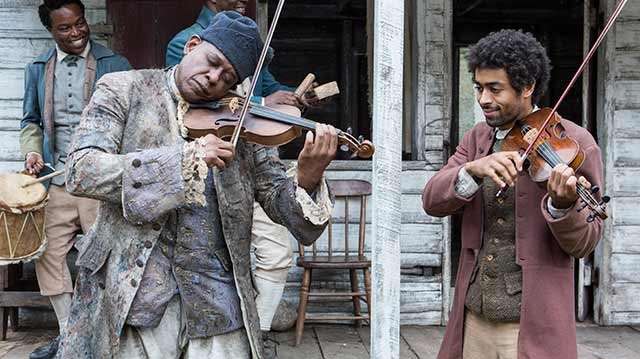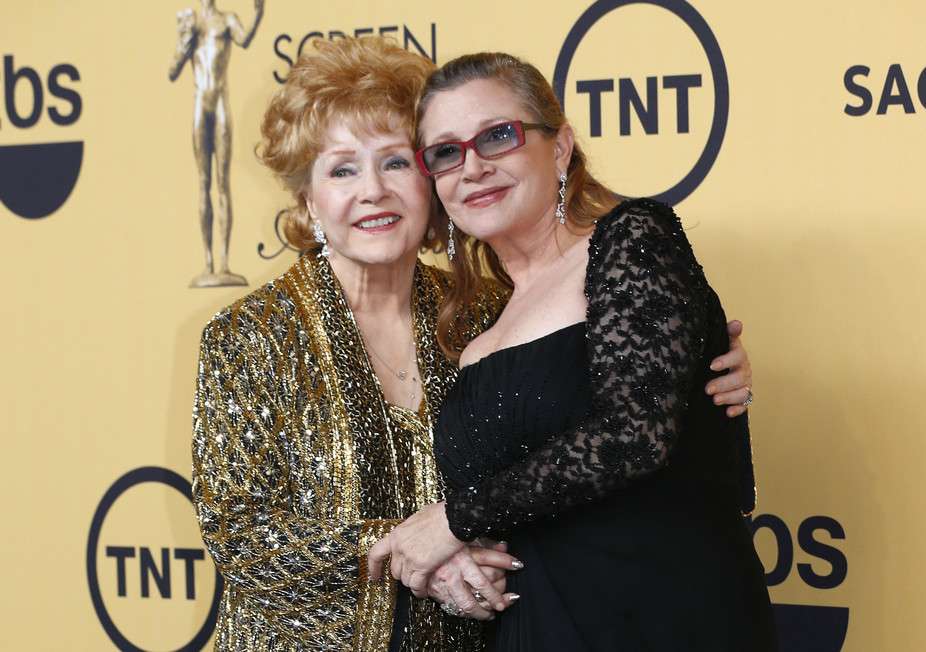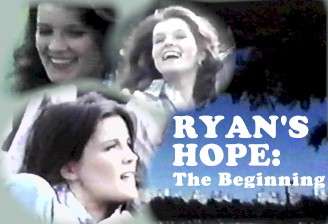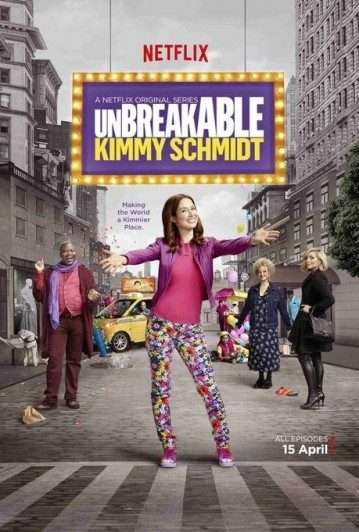
In endeavoring to comprehend the current conjuncture, I’ve been trying to think back a hundred, fifty, twenty, even ten years. Could I have imagined, just a decade ago, that the following would be progressive nostra today?

In endeavoring to comprehend the current conjuncture, I’ve been trying to think back a hundred, fifty, twenty, even ten years. Could I have imagined, just a decade ago, that the following would be progressive nostra today?

I finally got around to watching the new version of Roots (if you haven’t seen it yet, episodes 2-4 are still available on the IPlayer). The series, even in its new version, still feels monumental: it evidences just how rare it still is to see history told from any other point of view than that of a white, heterosexual man. Unfortunately, despite this feeling of observing television history, I also found myself being quite disappointed.

After the deaths of Debbie Reynolds and Carrie Fisher in the last days of 2016, the release of a new documentary about their lives, Bright Lights (HBO, January 2017) feels serendipitous.

About two years ago, at a dinner party, with my husband to my left, I was surprised when I turned to my right to find Nancy Ford, the woman responsible for getting me my first job on a major network television soap opera. I hadn’t seen Nancy in more than 25 years.

Having previously considered the ways in which Alec Baldwin has his character Jack Donaghy run through the gamut of bad actor behaviour and bad acting in the 30 Rock (NBC 2006-2013) episode ‘Jack-Tor’ (1.5), it is now time to address the question previously raised by Martin Esslin: ‘How, in fact, does a good actor act a bad actor?’ (1987: 72) In this follow-up, we will examine the ways in which Baldwin delivers his masterclass on bad

(First Published on 14 December 2012) Back in January America was all abuzz with the largely-media-created controversy over whether or not the quintessentially British Ricky Gervais had gone too far with his humor as host of the 2011 Golden Globe Awards. What can be got away with on the public airways has been a significant question from the beginnings of American television.

The recent General Election in the US shocked politicians, pollsters, political scientists, and progressives alike. How did two absurd people end up as the principal parties’ picks , and why will the most ridiculous coiffure since Jefferson’s enter the White House in January?

During a recent trip to New York City my TV nerd colleague and I attended two show tapings. If you never have done this, I can highly recommend it – the TV lover’s equivalent of looking inside someone’s bathroom cabinet to see what makes them tick. Not that I’ve ever done that last thing – seriously- honestly. Well, maybe.

Unbreakable Kimmy Schmidt (2015-) is a Netflix comedy produced by Tina Fey and Robert Carlock, and follows the life of 29-year old Kimmy Schmidt (Ellie Kemper) in New York City after her rescue from an underground cult.

In this blog post I want to challenge the separation of ‘official’ and ‘unofficial’ paratexts as divergent trajectories within what Jonathan Hardy (2011) has named the ‘commercial intertextuality’ of contemporary television series. To do this, I’m going to respond to Jason Mittell’s recent post for In Media Res where he suggests exploring the affective, rather than purely interpretive, meanings that paratexts generate.